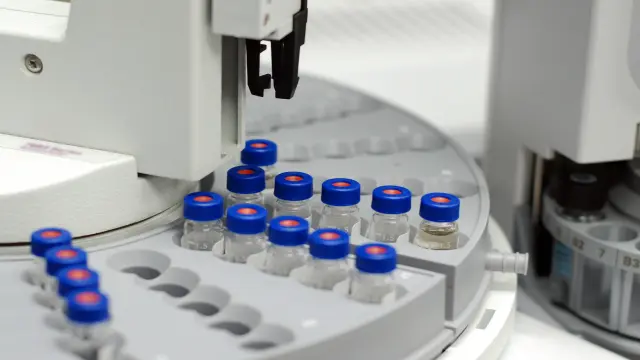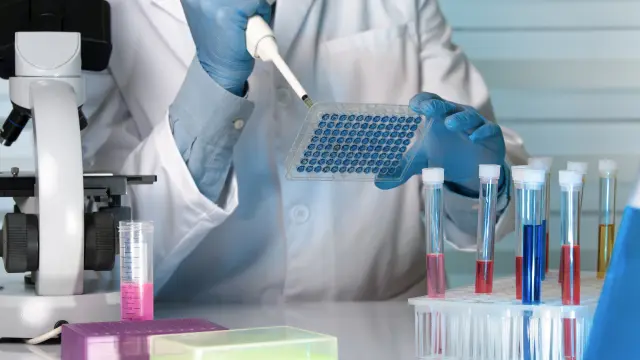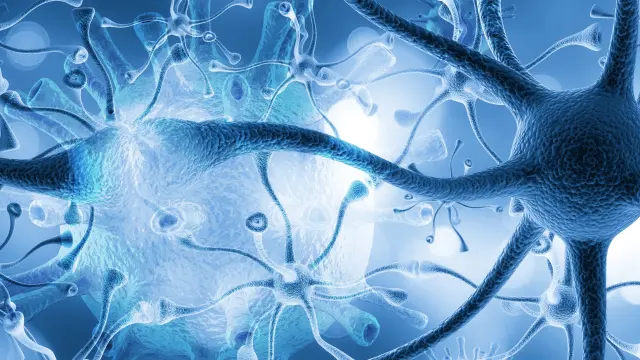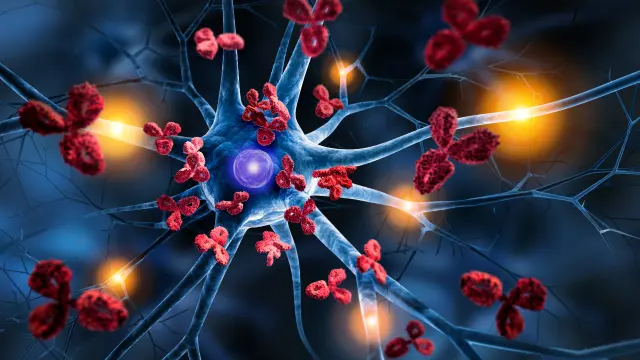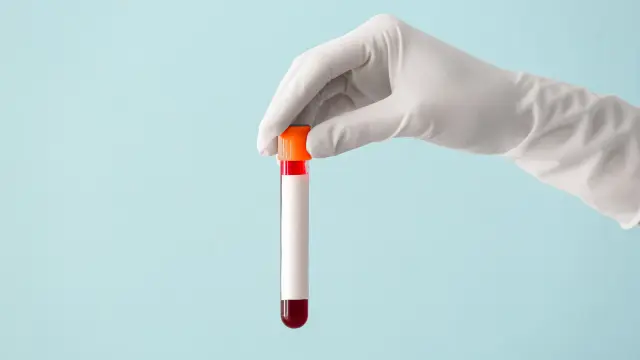What are ADME Studies?
ADME Studies: Measuring Drug Viability and Suitability for Later Development
The absorption, distribution, metabolism, and excretion (ADME) pharmacokinetics studies form an efficacy benchmark for various drug compounds. The evaluation of these pharmacological properties is critical for the selection of a new drug candidate during drug discovery and development.
ADME assays are conducted to make a go-no-go decision regarding drug candidate selection and movement into late-stage preclinical and clinical programs. Regular improvements in the ADME properties are achieved during lead optimization while keeping the selectivity and potency of the chemical drug lead intact. It, however, is plausible to have chemically efficacious compounds with acceptable ADME properties but decreased in vivo potencies.
Absorption
Drugs administered orally are absorbed in the digestive tract and reach the site of action through the bloodstream. The extent of drug absorption and corresponding concentration at the site of action is affected by various aspects such as reduced gastric emptying time, compound solubility, chemical instability, intestinal transit time, etc.
Absorption quality of a drug compound in ADME studies is primarily assessed to analyze the bioavailability of the drug at the site of action. If an orally administered drug is poorly absorbed in the systemic circulation in the human body, discrete methods of administration are tested, such as inhalation or intravenous intake. Hence, the route of drug administration plays an essential role in the identification of drug efficacy.
Distribution
Once absorbed, the drug compound is required to reach the site of action. From the bloodstream, the most common distribution medium, the drug compound reaches various organs and muscles.
Metabolism
Most small molecules transform into metabolites through metabolic breakdown involving specific enzymatic systems. Some metabolites are inert and while others are active. Thus, metabolism deactivates parent drug’s administered dose leading to a reduced drug impact in case of inactive metabolites. However, it enhances the bioavailability of the drug compound at the site of action if the metabolite is active.
Excretion
The body excretes metabolites and remaining drugs through the kidneys and other organs. If excretion is incomplete, the accumulation of foreign substances in the body can adversely influence various metabolic processes.
Toxicity
The ADME studies often include toxicity study as the last phase. It calculates the extent to which the administration of a drug compound can harm the human body or organisms. Here, organisms may refer to animal or organism substructure such as cells.































